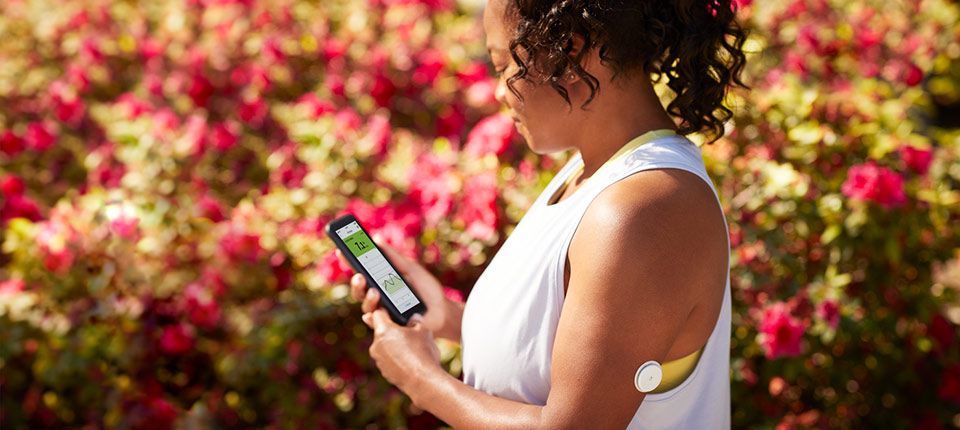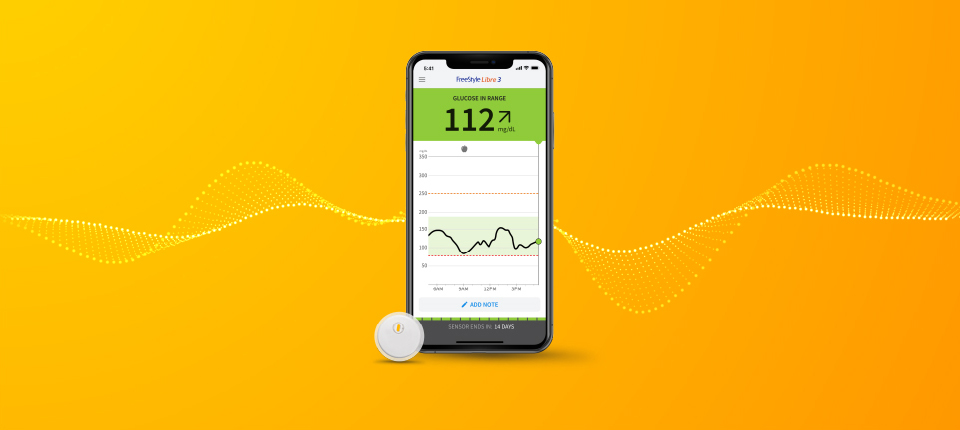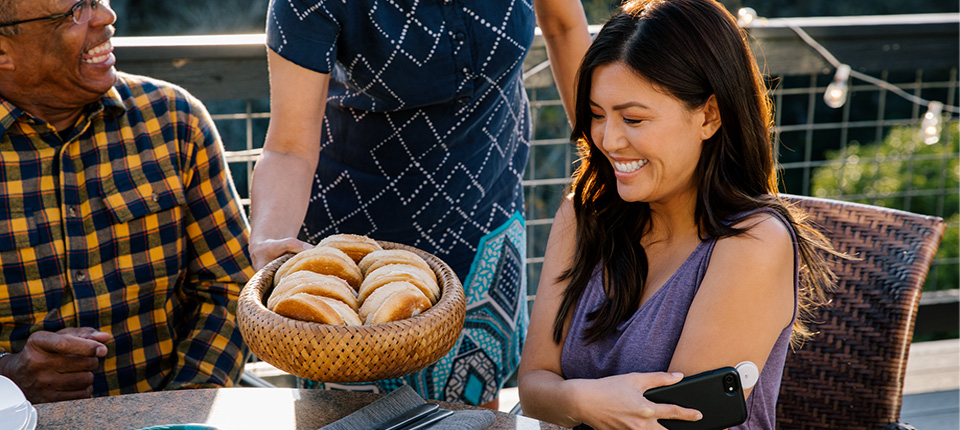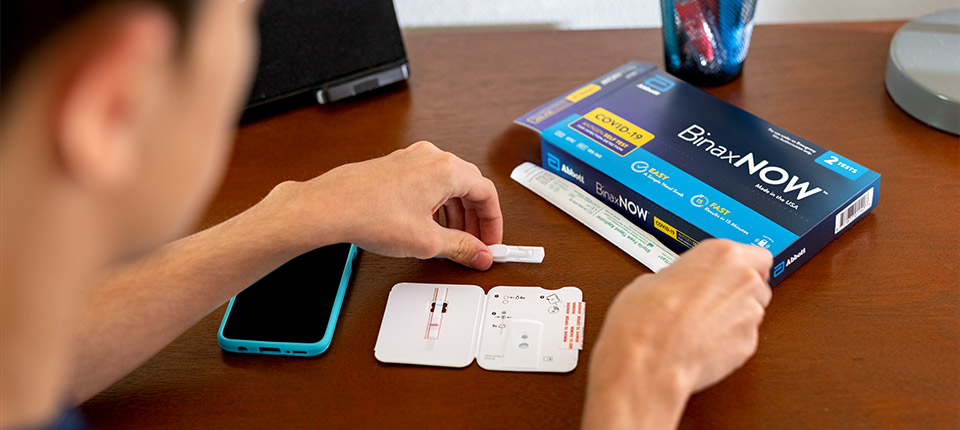Running takes just as much mental fortitude as it does physical strength. From training and nutrition to pacing and pushing yourself, the brain is always at the helm.
But as the COVID-19 pandemic stretches on, many brains aren't in their strongest position, says Beth McQuiston, RD, MD, a board-certified neurologist, licensed physician, registered dietitian and medical director for Abbott's Diagnostics business.
"The loneliness that can stem from quarantines and social distancing has a massive impact on cognitive health and function," says McQuiston. The absence of face-to-face interactions can lower the brain’s levels of "feel good" neurotransmitters like serotonin (a chemical contributing to wellbeing and happiness) and Dopamine. In your body, too much stress can elevate blood pressure as well as increase platelet aggregation. These changes may raise a person’s risk of stroke or heart attack.
Social isolation can also increase activity of the sympathetic nervous system (known for activating the fight or flight response), McQuiston explains. This activation can spur inflammation and decrease sleep, both of which are associated with accelerating brain and cardiovascular aging. Not surprisingly, all of that bodes poorly for performance – both in and out of exercise.
So, during a high-stress time like this, how do we get in the right head space to perform at our physical best?
Abbott experts share four key strategies to building mental fortitude in stressful conditions.
1. Move Regularly
As much as exercise depends on neurological health, exercise also promotes it.
"Exercise helps you cope with stress more efficiently," McQuiston says. "It lowers cortisol and epinephrine levels and impacts the locus coeruleus, which helps you regulate your emotional response to stress. In essence, it improves your body’s 911 communication response system. It gets your body prepped and ready to deal with real emergencies and helps dampen down the negative effects of stress."
She notes that, over time studies show, exercise even increases the size of the brain's hippocampus, which is dedicated to learning and memory.
For the greatest benefits, scale your levels of activity to fit your current stress and energy levels to prevent burnout. Right now might not be the time to push for personal bests and new fitness feats. Instead, do whatever makes you feel better than the day before, maybe that’s walking your dog or riding bikes with your kids.
2. Remember Your Training
As an athlete, you're already in a unique position to grow your mental grit.
"In marathon training and racing, we use mental toughness over the miles as the terrain changes and our outlook changes and our pace changes – and we still see that finish line in our mind," says Pamela Nisevich Bede, RD, sports dietitian and member of Abbott’s nutrition scientific and medical affairs team and a 24-time marathoner. "You've gone through difficulty before, and this too shall pass."
Thinking back to past challenges and your ability to overcome them with work and perseverance can help you stay your current course, Nisevich Bede says, adding, “It has definitely helped me.”
3. Eat Healthy
"You really are what you eat," McQuiston says. "Your brain is literally made of what you eat."
For example, McQuiston explains that lipids within the brain are made up of the fats you eat, whether they are saturated and processed or rich with omega-3s from produce and fish. Meanwhile, your gut’s microbiome, comprised of bacteria in the gut, impact neurological and cognitive function through what’s known as the gut-brain axis.
McQuiston says colorful produce, as well as fermented foods like Greek yogurt and kombucha, are especially beneficial for your gut microbiome and that’s good news for your brain.
4. Find Connection
The most direct defense against the negative effects of loneliness? Social connection. And that's something that’s especially important for solo athletes, like runners.
"I think a lot of runners like having their training space and time to themselves, which is great," McQuiston says. "It can be a coping mechanism to deal with stress and get space from people when you are around them all day long. But now, if you're by yourself the majority of or all day, that really takes its toll."
She recommends that, during social distancing, athletes make a point of finding connection with other runners, even if it’s not in-person. Try reaching out to friends or family to share your running plan or virtually running with others through apps.
"It's not exactly the same, but it sure is nice and may provide a mental lift," McQuiston says.
Abbott is the title sponsor of the Abbott World Marathon Majors, a series of six of the largest and most renowned marathons in the world: Tokyo Marathon, Boston Marathon, Virgin Money London Marathon, BMW BERLIN-MARATHON, Bank of America Chicago Marathon and TCS New York City Marathon. Click here to learn more.






FOLLOW ABBOTT